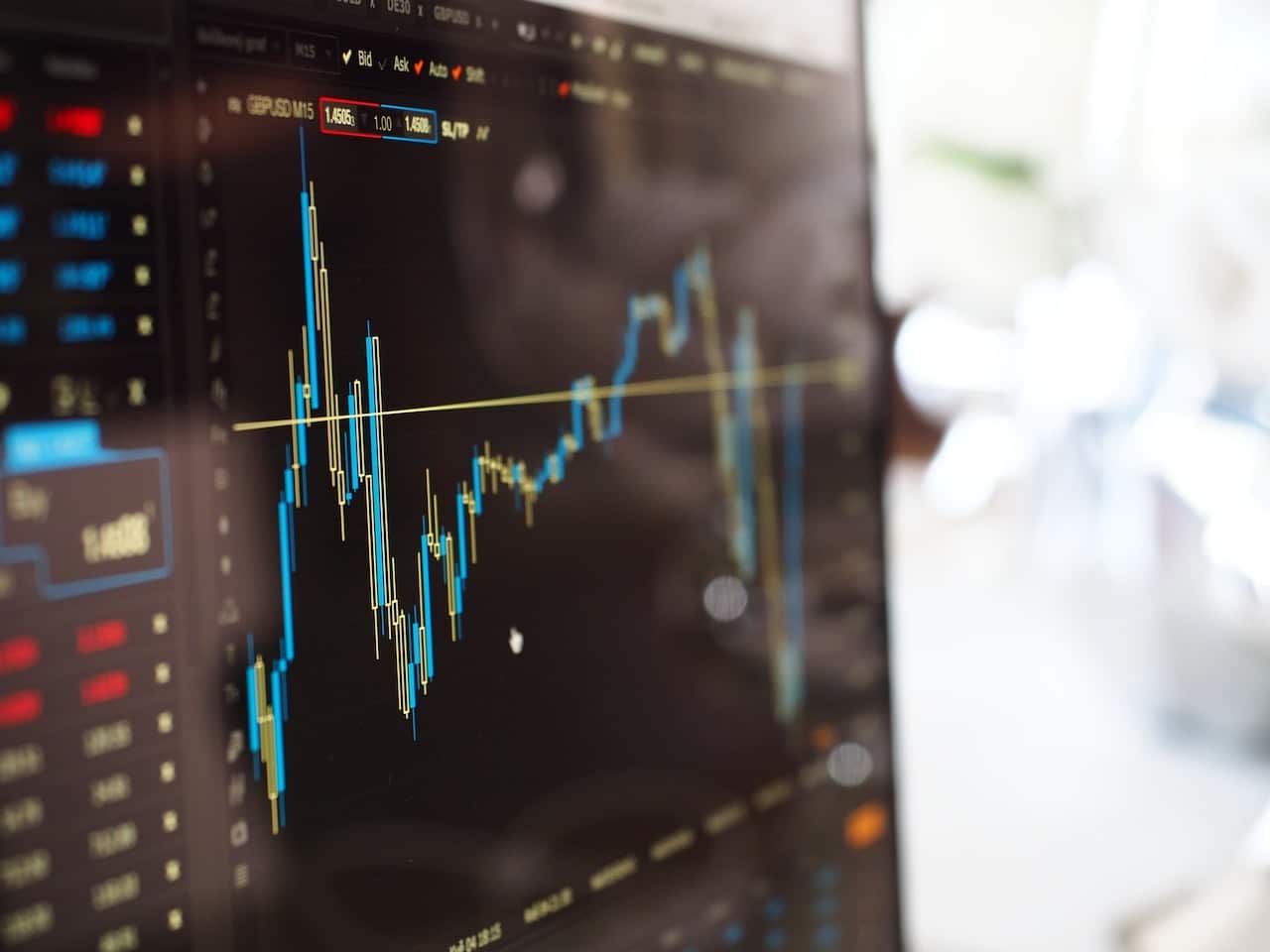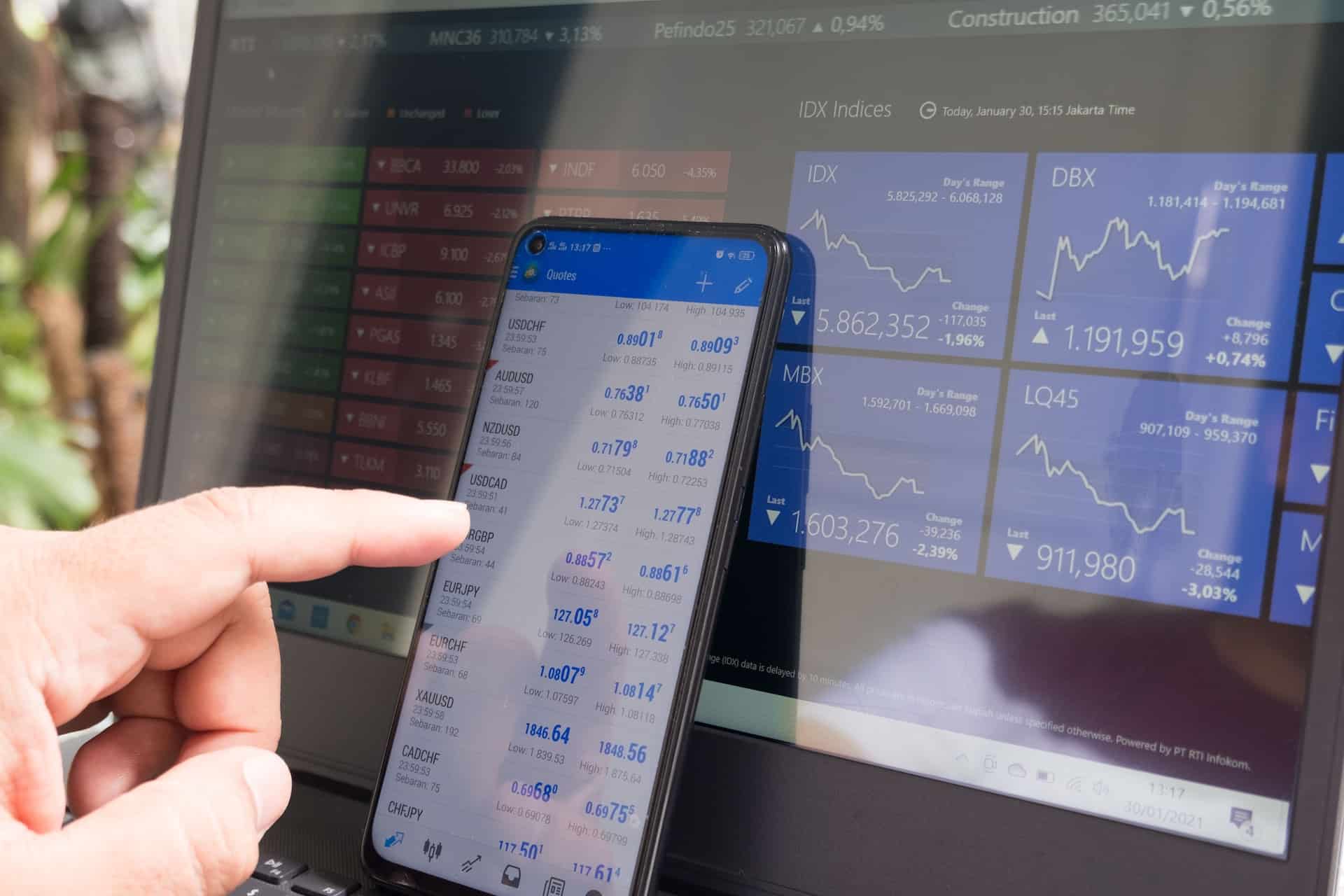What is NSE IFSC and what it means for you?
So far we know that if you want to trade in stocks and bonds then you can do so only in your country and your stock market. Be it derivatives, currency, futures, options, or any other asset barring crypto you are pretty much stuck with stuff from your own country. However, with NSE IFSC that is exactly what is about to be changed. Let us learn more about it.
What is NSE IFSC?
NSE as you must rightly have guessed is National Stock Exchange, but IFSC is not your Indian Financial Code System that you have your passbook and share with others to make online transactions possible. No, it is not the 11 number-digit code that you use to identify a bank’s branch; here the IFSC stands for International Financial Services Center. According to their official website, NSE IFSC is a fully owned subsidiary. NSE IFSC has been devised to allow Indian retail traders to be able to buy and sell US stocks. For now, there are only 8 tradable shares and 37 NSE IFSC registered brokers. However, the number of both of them is expected to grow in the future. And, for purchasing shares through this platform you don’t actually get a share but rather an NSE IFSC receipt. Also, your purchase is a fractional one and not a whole purchase. Lastly, as of now, an Indian person can only deal in an amount of up to 2,50,000 US dollars in a financial year which is permitted by LRS, and the taxation on your purchase and sales is not yet known. However, for transactions you will be charged when converting your currency as per your bank charges and a commission of 0.12 cents is payable on every 100 US dollars spent. So yeah that is what is NSE IFSC.
Products
NSE IFSC is a SEBI-approved body, and since it has the head watchdog’s backing, it is one of the most reliable and trustworthy pathways to invest through. As per the Securities and Exchange Board of India’s regulations, NSE IFSC is set to have a variety of products that it will allow people to deal in. Be it equity index, currency derivatives or commodity derivatives, all of it will be accessible to investors. NSE IFSC has permission to launch the following products.
Equity Index
Any stock market needs to have stock that it can sell to the people, who, in turn, buy it as an investment. Like NSE has Sensex or Nifty 50 that hold stocks under them, NSE IFSC will too need stocks that are either segment-based or sector-based or that represent the whole market. An Index will be needed to share the price fluctuations of any product and this Index will be calculated based on its base period and base index value. So for starters, NIFTY 50 and BANK NIFTY will be coming to NSE IFSC.
Nifty 50: Spread around 13 sectors, there is a diversified list of the top 50 stocks in the Indian market that make up this Index. It is one of the top benchmarks of the shares. Among all the stocks listed on NSE, the valuation of stocks on this benchmark has 65% capital from the whole of the free-flowing market. BANK NIFTY: Top most Indian banks that are most liquid and have large capital with their shares form this benchmark of the NSE. Here the capital performance of these top banks brings about the movement in the valuation of this Index. The index is made up of shares of just 12 of the top banks of India.
Currency Derivative
People are looking to make money from the difference between the values of two currencies. A lot of factors make their mark when deciding the valuation or conversion difference between currencies of two different nations. NSE IFSC will allow Indian retail investors to deal in two of the most popular currencies, that is the Euro and USD with INR USD and EUR USD being available to trade in on the platform. Later on, more such pairings are expected to make their appearance on the platform.
Commodity Derivative
When you talk about investing you talk about hedging and when you talk about hedging you think of commodity derivatives. People in India can deal in gold, silver, and various other derivatives. NSE IFSC is looking to start with commodity derivative trading which allows you to invest in energy products, base metals and precious metals,
Gold: Gold is no doubt already one of the most precious metals that we have around. Add to that its importance and acceptance as an alternative investment path. Gold derivatives allow much flexibility to investors and have good potential to help people earn handsome profits and so there is no doubt that it will be one of the first commodity derivatives to be there on the NSE IFSC platform. Silver: Silver is not that far in importance from gold and in the hedging space, it is almost second in line as the derivative of investor’s choice. It is useful in various industrial tasks and helps one diversify a portfolio and thus is rightfully being added to the commodity derivative list on NSE IFSC. Crude Oil: One of the most important energy products is Crude Oil, which has the power of changing fundamental news be it about political change or the general economy. Crude Oil is very volatile and thus a lot of people hedge funds in this derivative to help their portfolio change for good.
NSE IFSC Circular
People who don’t have much idea about NSE IFSC or who want to stay updated about the new announcements revolving around NSE IFSC then they can head to NSE IFSC circular Official page where you will get updated documents that inform you all about the latest developments that are just 1 week old. On NSE IFSC circular page, you can check documents updating you on news that is up to 1-year-old. The updates are either regulatory updates or trading related updates or anything that concerns NSE IFSC users. Also Read: Dezerv: Tech-Driven PMS For Alternative Asset Class Investment
Zerodha NSE IFSC status
As many as 50 stocks will be tradable via the NSE IFSC portal. So far the number of shares that are tradable is 8. Out of the 37 registered brokers, Zerodha is one name missing from the list. NSE IFSC Zerodha is about to happen in the near future. Zerodha is working on the required process to make sure that you can soon invest in US-based stocks through its platform. Zerodha remains one of the top investing platforms in India. Through the platform people in India can trade in equities, futures and options and other derivatives. Other than NSE IFSC, cryptocurrencies are also missing from Zerodha’s platform which might be an addition that we might get to see soon.
Pros and Cons of IFSC
NSE IFSC like any other institution has its own advantages and disadvantages. While it is a very welcomed body to introduce because it will benefit Indian investors and help the Indian economy grow but on the other hand it is also just another investing place that investors curse because of them losing their money in it. Some of the pros and cons of NSE IFSC are mentioned below.
Pros
You can invest in specific shares that you have an interest in and do not have to go for a diversified and large number of stocks. Intraday trading is allowed so the investors can benefit from the changing market conditions. It is not the share you are buying but rather the fractional quantity of it that you are buying and so that might save some people from heavy losses if any. Gives the people of India access to US-based shares which can be very beneficial for a lot of investors. Investing in US stocks further diversifies your portfolio and also your risk factor diminishes significantly. The brokerage charge is very less and that might encourage more and more people to try and shift to this platform. The investments made through this platform are easy and quick so even if you are a beginner you will not have much difficulty navigating through it.
Cons
Instead of one or two risks that are in the normal market, here the investor has multiple risks to deal with. Settlement, price, conversion, and exchange rate. All these rates are risks for the investor. Selection of the security, monitoring, and rebalancing of the portfolio, all of it become your responsibility. Shuffling the portfolio may bring with it a transaction or brokerage fee. Indian investors put money in the US stock market instead of the Indian stock market, which is a losing situation for us. Investing in US-based stocks requires people to learn about their rules, regulations, and systems which might be a bit complicated to understand for first-time investors. Apart from brokerage, there are a lot of other charges that you need to pay, and the taxation system is also complicated, adding to the user’s confusion. Not only do you need to stay updated with US stock prices, but now you also need to stay up to date with USD values to ensure you are not being charged extra.
Whether you are for NSE IFSC or against it, is entirely up to you but do know that the move has been lauded and welcomed by a large section of investors solely for the positive impact it will have on the Indian economy. We hope you now understand what is NSE IFSC and what NSE IFSC products are. We also told you how you can check NSE IFSC circular and the status of NSE IFSC Zerodha status. As often advised, you must conduct your own research and take a call before investing money in NSE IFSC.






